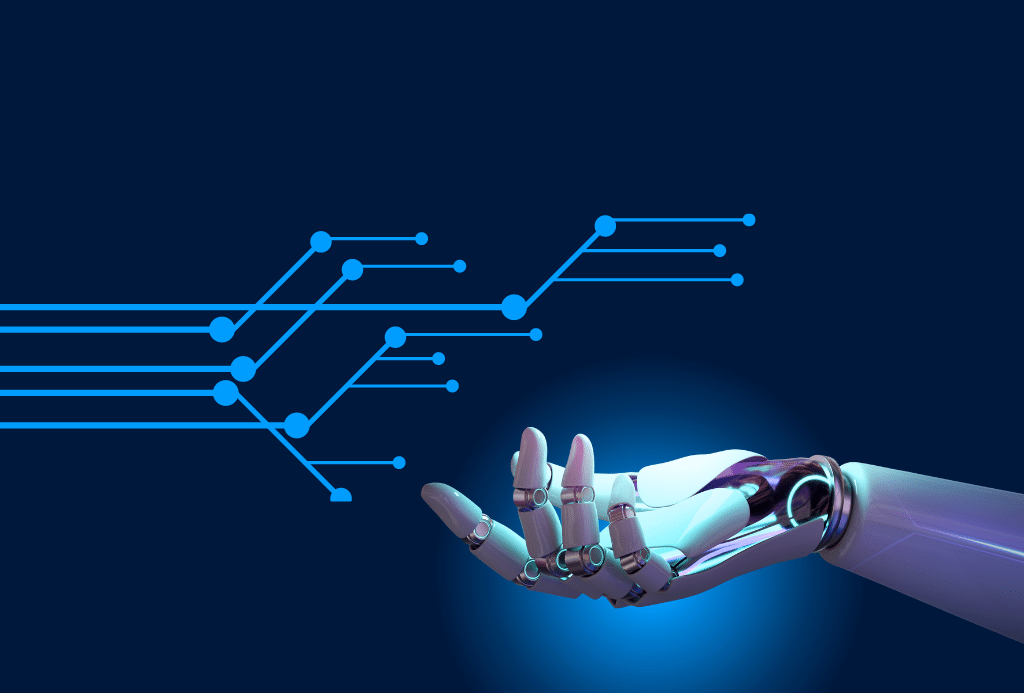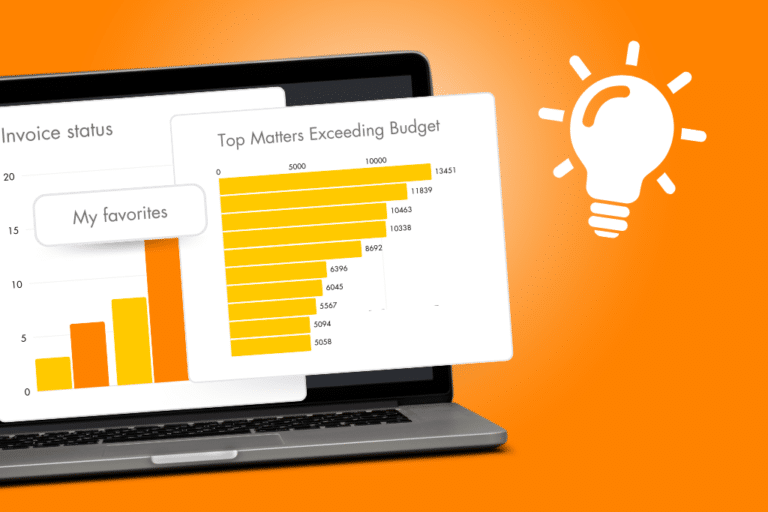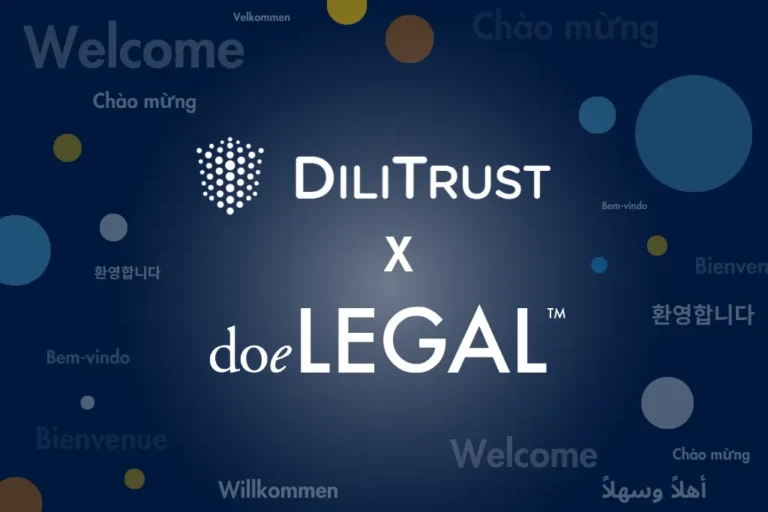In recent years, the French and international legal tech landscape has undergone significant change. The widespread use of artificial intelligence and machine learning, Big Data and remote working have played a major role in pushing these changes. Here’s an update on the current legal tech ecosystem, and how it is most likely to evolve over the next few years.

What is legaltech ?
Definition
Legaltech is a combination of the words ‘legal’ and ‘technology’. It refers to any innovative company offering one, or more, digital tools (algorithms, software, search engines, etc.) for the legal sector.
Designed for lawyers, notaries and bailiffs, corporate legal departments and individuals, these technologies aim to automate and optimize legal processes, thereby boosting productivity and reliability. Legaltech is not intended to replace lawyers and legal advisors but to support them in their work through the use of technologies.
The first legaltech firms appeared in the mid-2000s in the USA and the UK. These companies mainly started producing document management solutions. However, over time, the software developed by legaltechs expanded into other areas: litigation, governance, contract management, networking, predictive justice,etc.
What does the current legaltech ecosystem look like?
The end of the 2010s marked a strong development of legaltech in France and worldwide. According to a survey carried out in 2020 by the French LegalTech Observatory, there are 230 active startups in this sector in France. In 2021, the sector’s growth resulted in a significant increase in fundraising, totaling €85 million (compared to €22 million in 2020 and €52 million the previous year).
Some of these legaltechs cater to lawyers and notaries, others to litigants and in-house legal teams. Some of the most frequently found services and functionalities are:
- Connecting with legal professionals
- Management of contracts and legal documents
- Litigation and dispute management
- Business creation
- Legal monitoring
- Data protection
- Predictive justice
In France, the field has faced some resistance from legal actors. Technologies such as artificial intelligence (AI) and Big Data raise ethical questions and concerns regarding issues such as data confidentiality, automated decision-making, the impartiality of algorithms, etc. Despite these concerns, legaltech firms have experienced significant development, operating within the strict legal framework established by GDPR and legal professional associations.
What will the legaltech firms of the future look like?
Today, emerging trends allow us to speculate on the future of legaltech firms. What will the French and international legaltech landscape look like in a few years’ time? How will these companies evolve, and which technologies are most likely to develop?
The spread of remote work
Working remotely is nothing new, it has grown significantly since the 2020 health crisis, even in the legal field. Increasingly, legaltech firms are now being encouraged to provide turnkey, online solutions to encourage remote working.
Whether the end customer is a large corporation, a private practice or an individual, remote collaboration is becoming a key issue. This involves functionalities such as electronic signatures, videoconferencing, document authorization and rights management, working together on the same document… Hence the growing popularity of cloud-hosted solutions.
Solution integration and collaborative innovation
Increasingly, legal professionals are working with a multitude of digital tools, to simplify all their business processes: document management, electronic signature, legal search engine…This raises the question about the compatibility of the tools together and encourages legaltech firms to collaborate in order to offer complete solutions. In recent years, some legaltech firms have been acquiring smaller companies to take advantage of their complementary technologies. Exchanges, mergers and partnerships between players in the field are becoming more widespread to offer customers the smoothest possible experience.
Big Data and data security experts
While Big Data has been an underlying trend for several years, its widespread use in the legaltech world is still recent. Increasingly, legaltech firms are developing expertise in data processing and analysis. This expertise enables them to develop more effective algorithms, for example in the field of predictive justice or information retrieval. At the same time, mastering data also enables legal professionals to produce analyses, KPIs and dashboards to monitor their activity. A major innovation that has a positive impact on the strategy of customer companies.
Naturally, the use of legal data implies heightened security, especially if this data is stored and processed in the cloud. This is why legaltech companies are recruiting an increasing number of data security professionals, to meet the highest standards of encryption, backup and data protection.
The growing role of artificial intelligence and machine learning
Artificial intelligence (AI) and its byproduct machine learning (ML) are technologies increasingly used in the legaltech field. While AI refers to complex computer programs that mimic certain traits of human intelligence, machine learning (ML) is a subset of AI, specialized in the autonomous learning of algorithms.
These two technologies raise many concerns, but there’s no reason to worry: artificial intelligence will never replace the expertise and sound judgment of a legal professional. On the other hand, when integrated into the tools developed by legaltech firms, it can automate a growing number of repetitive tasks, such as information retrieval and document drafting. This automation is a blessing for legal professionals, that can now devote more time to strategic tasks requiring human reflection.


